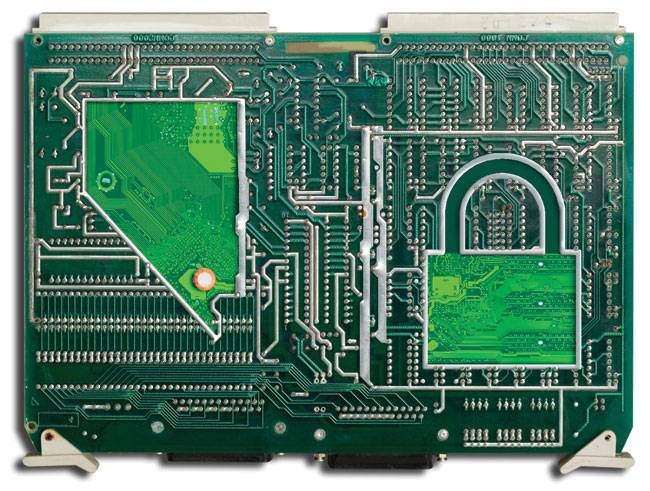Saturday, Jan. 18, 2020 | 2 a.m.
No matter who you are, the private information you have stored online is valuable, and cybercriminals want to access it. In the first half of 2019, data breaches exposed more than 4.1 million private records, according to Risk Based Security, a cybersecurity company specializing in data breach research.
“People may think, ‘I’m not that important, and I don’t have billions of dollars, why are they interested in me?’ ” says Vito Rocco, senior information security analyst and supervisor at the UNLV Office of Information Technology. “But it’s far easier to steal a small amount of money and information from people who aren’t concerned with cybersecurity than it is to steal from companies that are largely concerned about cybersecurity.”
Cybersecurity terms like encryption, two-step authentication and VPN can mystify the technology-averse and discourage them from taking necessary protective actions. Here are some steps you can take to ensure your personal information stays personal.
Update and back up your devices
Those pesky software update alerts that pop up on your phone or computer are a lot like your morning alarm: a necessity you want to ignore. But don’t click “remind me later” if you don’t have to. The sooner you update, the better. “When those updates are released, it’s in response to a security flaw,” Rocco says.
A software vulnerability means there’s a hole or weakness in the program that hackers can exploit. Software updates include things called “software patches” that cover up these holes.
Always make sure to back up important files and information elsewhere, on an external hard drive or to a cloud server.
Post as little information as possible on social media
Social media is a major culprit when it comes to sabotaging your cybersecurity, Rocco says. He advises users to limit what they post and update your security settings to ensure you know who is viewing your content.
Rocco adds that posting something as simple as a vacation or night out can be dangerous, as it might alert home invaders of when you aren’t home.
“If you’re careful not to accept random invitations, you can open up more if you know everyone who is looking at your information,” Rocco says.
• If you must: For information you don’t want seen by your internet service provider or used against you in a court of law, you probably should be using encrypted messaging or end-to-end encryption. Through these methods, text-based communication and attachments are scrambled between users, making them unreadable to anyone outside the conversation.
Be wary of public Wi-Fi
Next time you jump onto an unprotected network or public Wi-Fi, think about what you’re using that free internet for, Rocco says.
Hackers can often find vulnerabilities in these networks and code in malicious software. Some will even set up fake hot spots to lure in unsuspecting internet browsers, making their devices an easy target for malware attacks.
“Connecting to an open Wi-Fi that doesn’t require a password is usually not a great idea,” Rocco said.
He did say that general browsing on public networks is usually OK; he just wouldn’t recommend someone do their personal banking in public.
Passwords that are easy to crack
• Common sequences and phrases like “123456” “qwerty” or “password”
• Any personal information like your date or place of birth
• Your pet’s name
• Single dictionary words
• Your name or username
• Anything relevant to your interests
More password tips
• Always set up a password on your device or phone. Even a simple, four-digit code is better than nothing.
• Don’t reuse a password, even if it’s been a while since you’ve used it.
• Never share passwords or leave them written down near your devices.
• Never send passwords through email.
• If entering a password in a public place, make sure no one is watching.
• Only use “remember password” browser features on personal computers.
Fast facts
• In the first half of 2019, data breaches exposed more than 4.1 million private records, according to Risk Based Security.
• Almost 90% of leaked information is caused by human error, according to Willis Towers Watson, Insurance Consulting and Technology.
• More than 40% of companies have unprotected sensitive files open to every employee, according to TechRepublic.
• Nearly 60 million Americans had their identity stolen last year, an increase from 15 million in 2017, according to the Harris Poll
This story appeared in Las Vegas Weekly.

